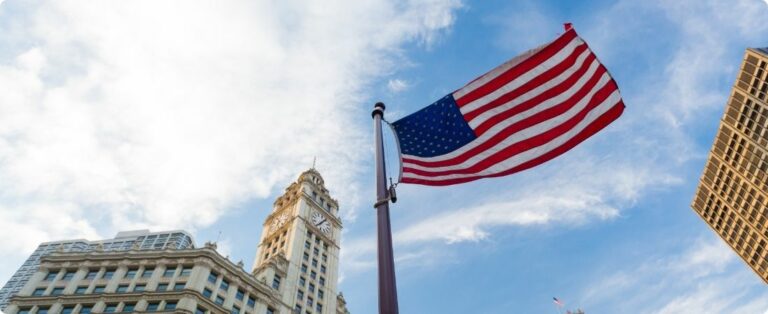“Cooperativism in Paraná is characterized by the union of producers, to gain scale. The sum of efforts makes a difference”, says the president of Frísia Cooperativa Agroindustrial, Renato Greidanus, about the unprecedented business model initiated by the cooperative in 2012. The Intercooperation System, formed by cooperatives in the region of Campos Gerais Frísia, Castrolanda and Capal , is focused on agroindustrialization and works together to provide more security to the sector, increasing investments and diluting risks.
Over the last year, the new system has inaugurated strategic projects and, despite the crisis in the Brazilian economy, has already brought important results for the sector. With an investment of more than R$ 250 million and employing more than a thousand people, the Meat Industrial Unit (UIC), which produces the Alegra Foods brand, processes 2,500 pigs per day and two thousand tons of processed meats per month. To serve the industry, more than 2,500 families linked to agribusiness are involved, of which 120 are part of the region's pig production chain. “With new partnerships and working together, it is possible to neutralize competition and even in a short time we can already feel a difference in results”, says Greidanus.
Another project resulting from intercooperation work is the Wheat Mill, which industrializes Herança Ho Holanda flour. With just two years of existence, it reached an unprecedented 10,214 tons of production and 10,441 tons of loading, the factory's total capacity.
In milk production, the 1st activity developed by the intercooperation system, the results achieved demonstrate the advantages of collective investment. According to Greidanus, the Friesian cooperator's daily milk collection was 200 thousand liters/day in 2013 and reached 500 thousand liters/day after the implementation of the new business model. “Our members have the opportunity to participate in the results inside and outside the gate. We invested in the diversification of activities and focused on industrialization to avoid market surprises and guarantee more profits for producers”, explains Greidanus.
For the president, even with the Brazilian economy going through a delicate moment, with a drop in investment, the cooperative continues to grow. In 2015, Friesland had gross revenue of R$ 1.9 billion. For this year, the expectation is at least R$ 2.2 billion. “We have a strategic plan that is fed back every year and we hope that Frísia continues to be a reference in agribusiness”.
Source: Gazeta do Povo










